
Keynote speakers at RAMIRAN 2025
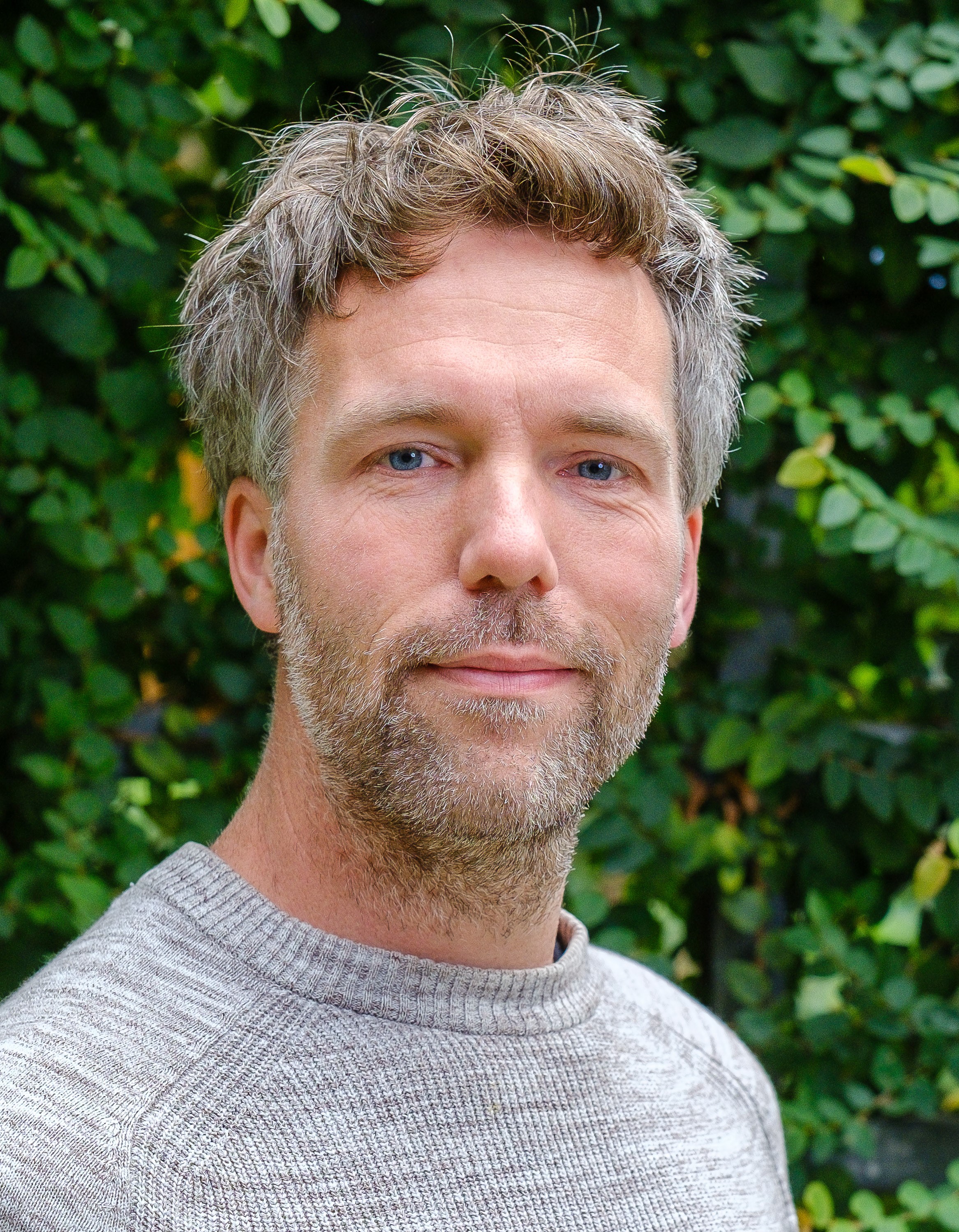
Kimo van Dijk
Kimo van Dijk is senior researcher Nutrient Management and Recycling at @Wageningen Environmental Research. He specializes in the recovery and reuse of nutrients and the production and application of (tailor made) circular, sustainable and save fertilisers from (organic) residual and waste streams, transforming manure, digestate, wastewater and biowaste. Currently, he is running the Dutch Public Private Partnership project Closing Nutrient Cycles from Wastewater and Processwater (KNAP), focusing on recycled fertilisers from sanitation, municipal wastewater and agri-food industry process water (sludge). In his keynote presentation, Kimo will present insights in the agricultural value, quality, and safety of recycled fertilisers based on wastewater, with special attention to regulatory challenges at the Dutch and EU levels. In addition, practical solutions for several KNAP cases will be showcased and the national roadmap for fossil free (circular) fertilisers implementation in the Netherlands for 2035 will be presented, forming the basis for research and innovation in the coming years.
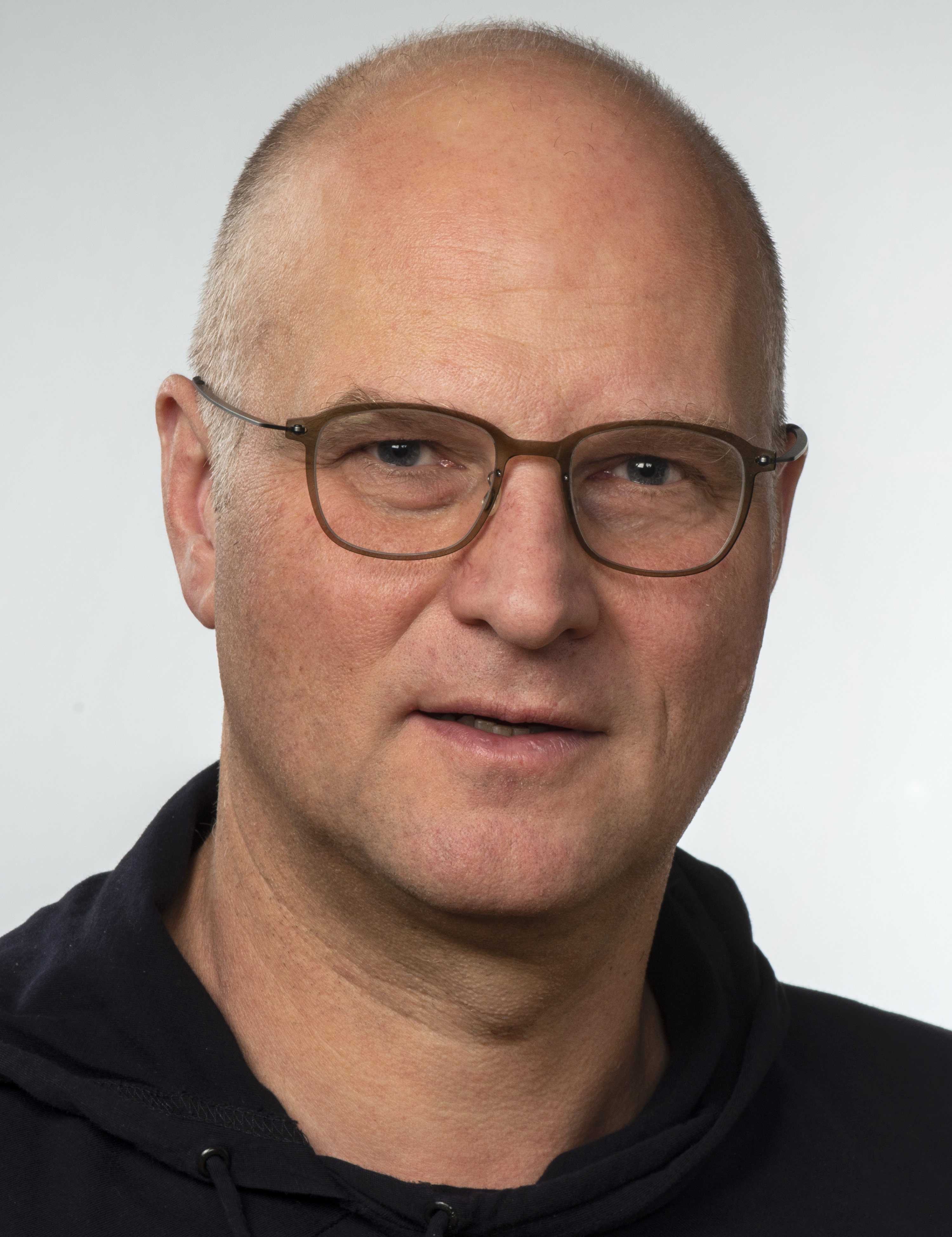
Jochen Mayer
Jochen Mayer is Senior Scientist at Agroscope, the Swiss Center of Excellence for Agricultural Research and leads the research team Substance Flows. Jochen is involved in the "Agroscope Dynamic Agroecosystem Research Platform (ADAPT)" project, which focuses on developing sustainable agricultural practices. His research interests include soil organic matter dynamics, nutrient cycling and efficiency, soil-root interactions, and the comparison of organic and conventional cropping systems. In his keynote presentation, Jochen will discuss the potential to improve nitrogen use efficiency (NUE) in European cattle and pig livestock systems from animal feed to plant N use along the whole livestock system cascade. He will present current strategies to improve feed NUE, measures to reduce N losses at housing, manure storage and application as well as improvements of manure crop N recovery. The findings are synthesized at the overall livestock system level using exemplary case-study farms from selected European regions.
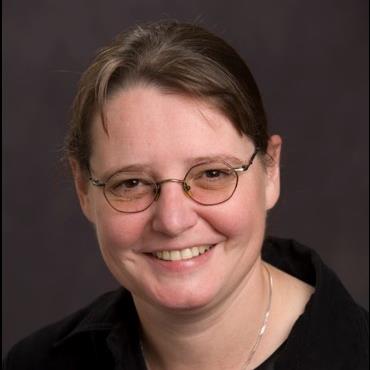
Quirine Ketterings
Quirine Ketterings is professor of Nutrient Management in Agricultural Systems at Cornell University. She initiated and leads the Nutrient Management Spear Program (http://nmsp.cals.cornell.edu). Her research focusses on improving the understanding of nutrient dynamics and the risk of runoff and leaching losses from inorganic and organic amendments as affected by environmental factors and management. In her keynote presentation, Quirine will present her experiences working as a faculty member at Cornell University (land grant university for New York) with stakeholders from different sectors, on development and implementation of science-based agronomic guidelines for nutrient management, risk assessment tools like the phosphorus index and nitrate leaching index, and the adaptive management policies and strategies for both nitrogen and phosphorus management within a regulatory framework.
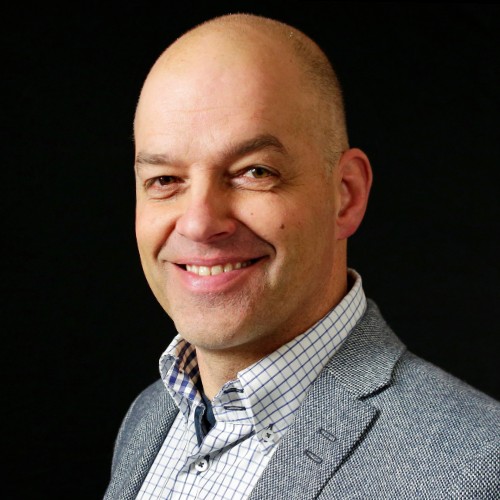
Jos Verstraten
Jos Verstraten is a dairy farmer in the Netherlands and vice-chairman of the department dairy farming of the Netherlands Agricultural and Horticultural Association. It represents over 35.000 agricultural entrepreneurs and their family members, with a commitment to the economic and social position. In his keynote presentation, Jos will present the role of manure in circular dairy farming under Dutch circumstances and the struggle farmers have to meet the environmental goals like climate and biodiversity respect animal welfare and still be profitable.
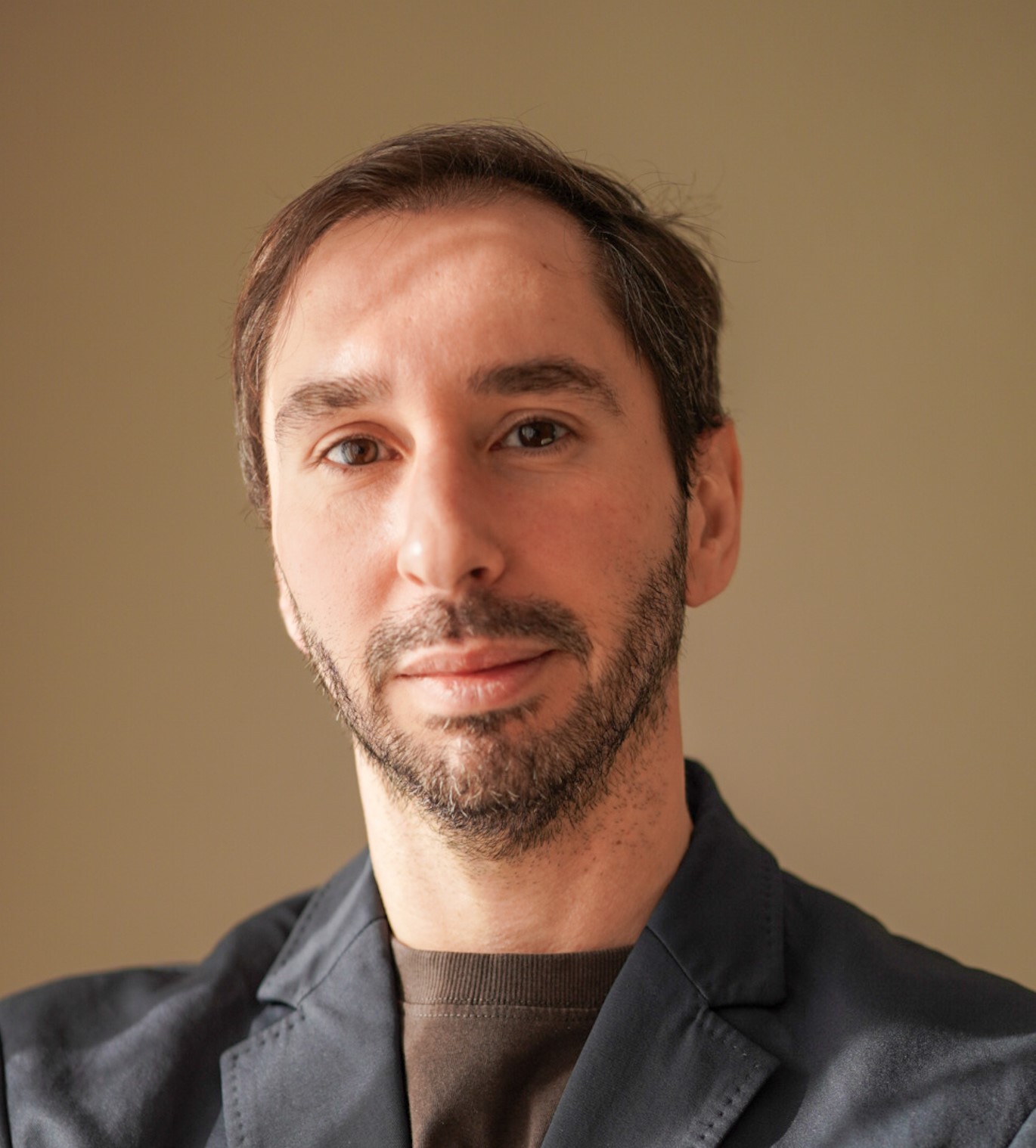
Paulo Braz
Paulo Braz is associated with Eurostat, the statistical office of the European Union. He’s part of the agricultural and fisheries statistics unit and his responsibilities include statistical production and coordination for indicators related to crops and agri-environmental data, in particular the nutrients statistics. Additionally, he has been involved in methodological developments and quality issues within the field of agricultural statistics.
In his keynote, he will present the work of Eurostat on agri-environmental indicators and the new regulation on nutrient statistics. With this regulation, EU member states will have to transmit aggregated data sets to Eurostat at national level for calculation of nutrient balances. These data sets include information on inorganic and organic fertilizers, livestock excretion coefficient and manure nutrient content coefficient.
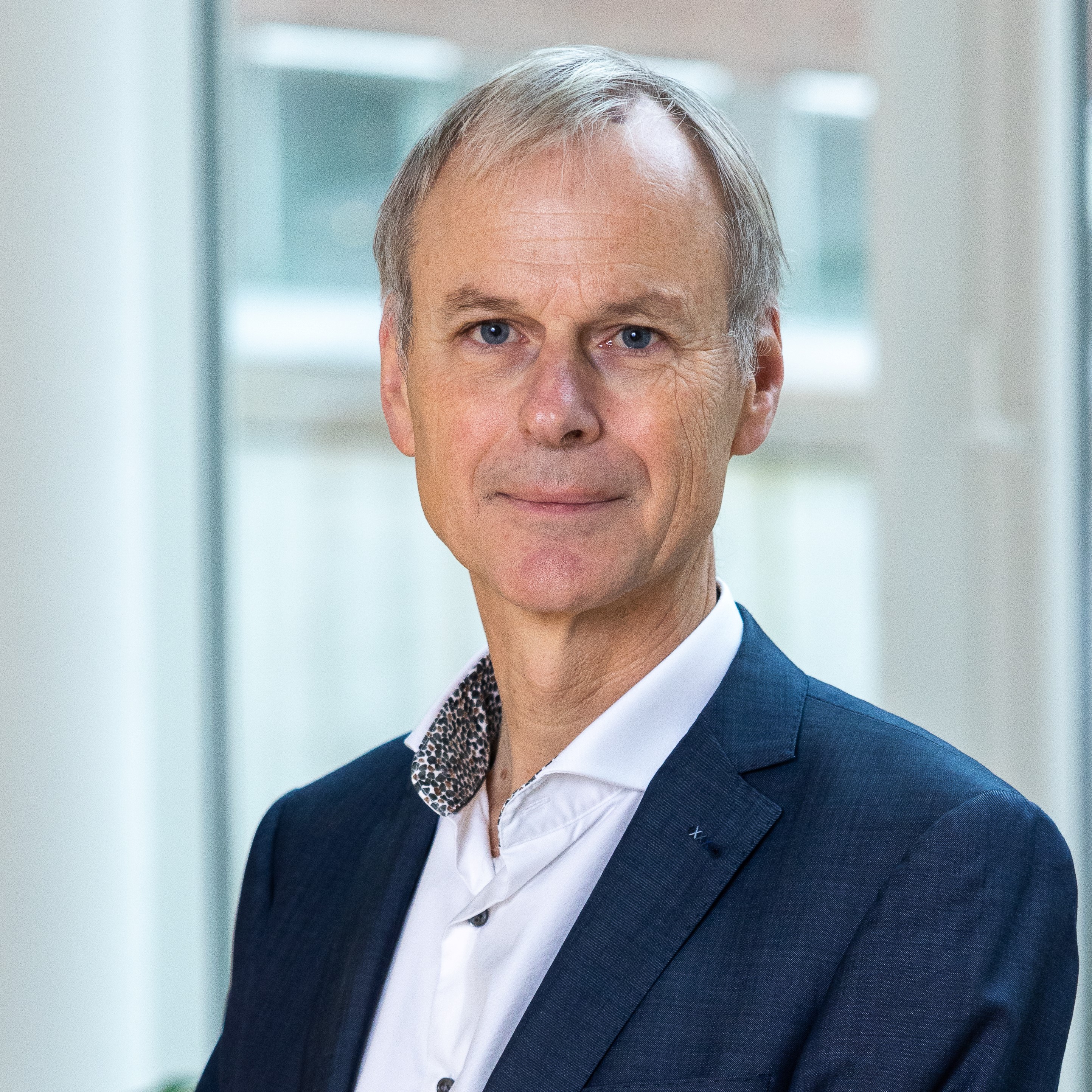
Marten van den Berg
Marten van den Berg is the Director-general at the Ministry of Agriculture, Fisheries, Food Security and Nature the Netherlands. He will give a keynote titled "Policy developments in the Netherlands; water quality and ammonia emissions".
The Netherlands faces significant environmental challenges regarding water quality and ammonia emissions. The Dutch agricultural sector plays a key role in mitigation of these risks. The Ministry of Agriculture, Fisheries, Food Security and Nature is working on policy strategies to reduce nitrate and phosphate emissions to groundwater and surface water, and reduction of ammonia emissions to vulnerable nature 2000 areas. The current situation and recent policy developments are subject of the presentation.
RAMIRAN 2025
 Registration website for RAMIRAN 2025
Registration website for RAMIRAN 2025RAMIRAN 2025noreplyramiran2025@wur.nl
RAMIRAN 2025noreplyramiran2025@wur.nlhttps://www.ramiran2025.nl
2025-10-14
2025-10-17
OfflineEventAttendanceMode
EventScheduled
RAMIRAN 2025RAMIRAN 20250.00EUROnlineOnly2019-01-01T00:00:00Z
Wageningen University & ResearchWageningen University & ResearchDroevendaalsesteeg 4 6708 PB Wageningen Netherlands